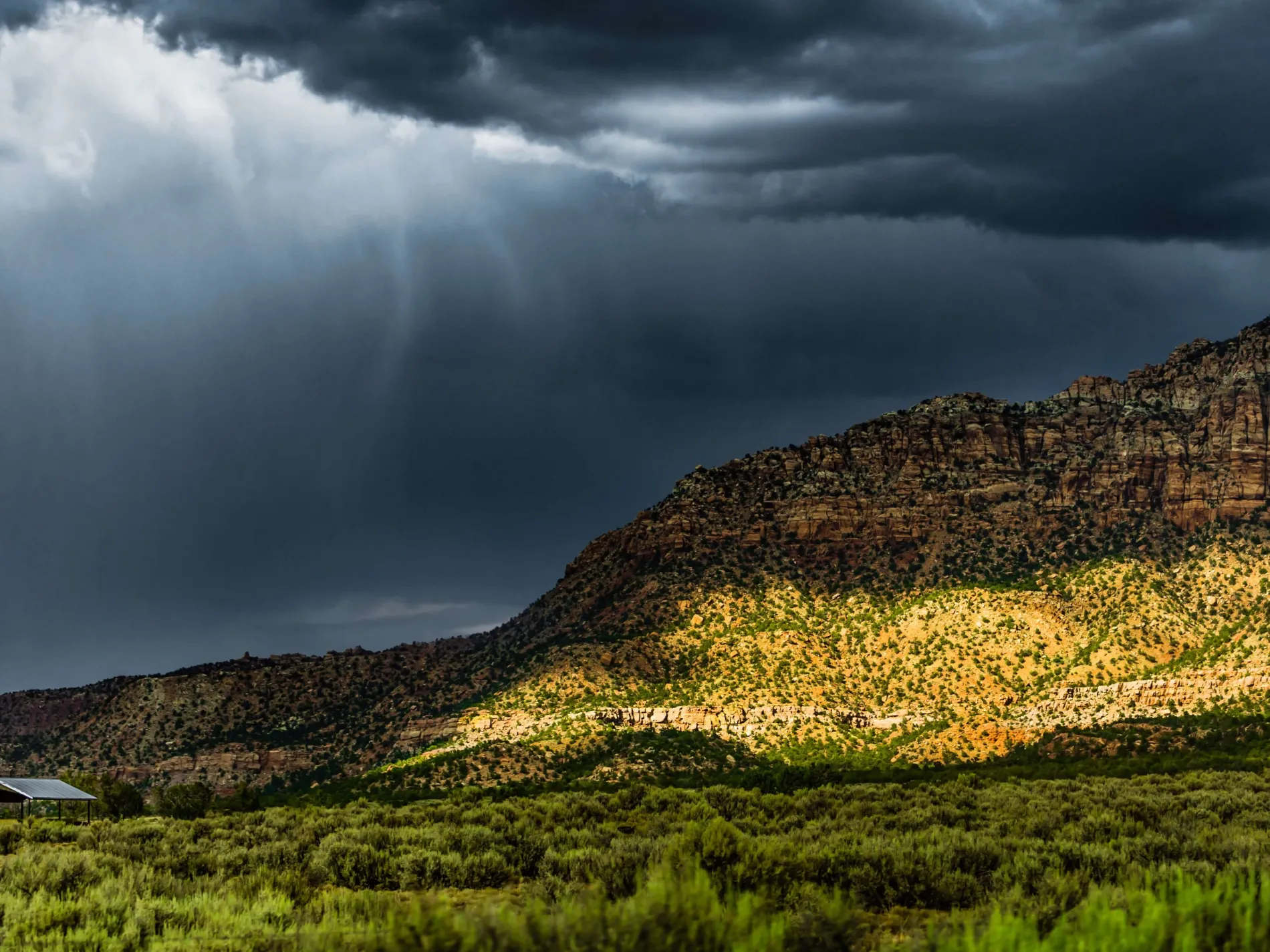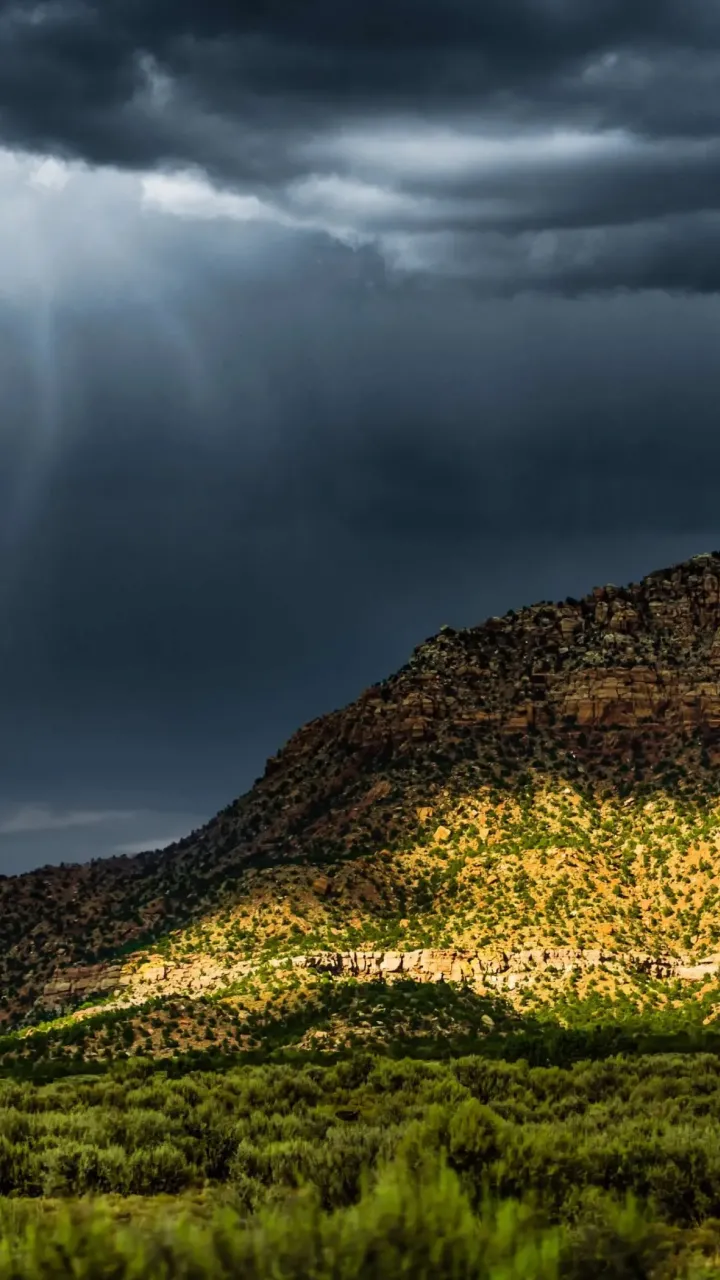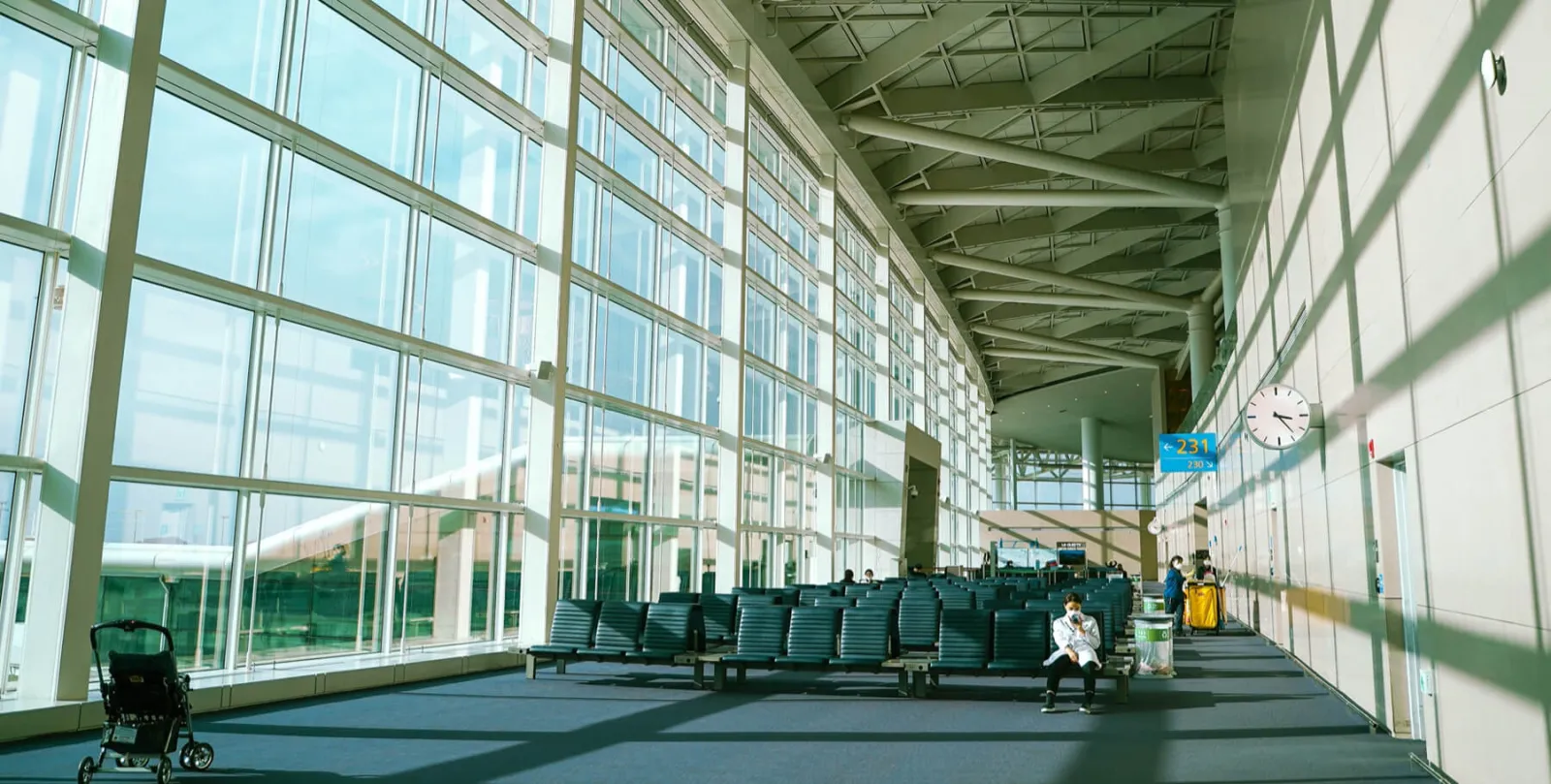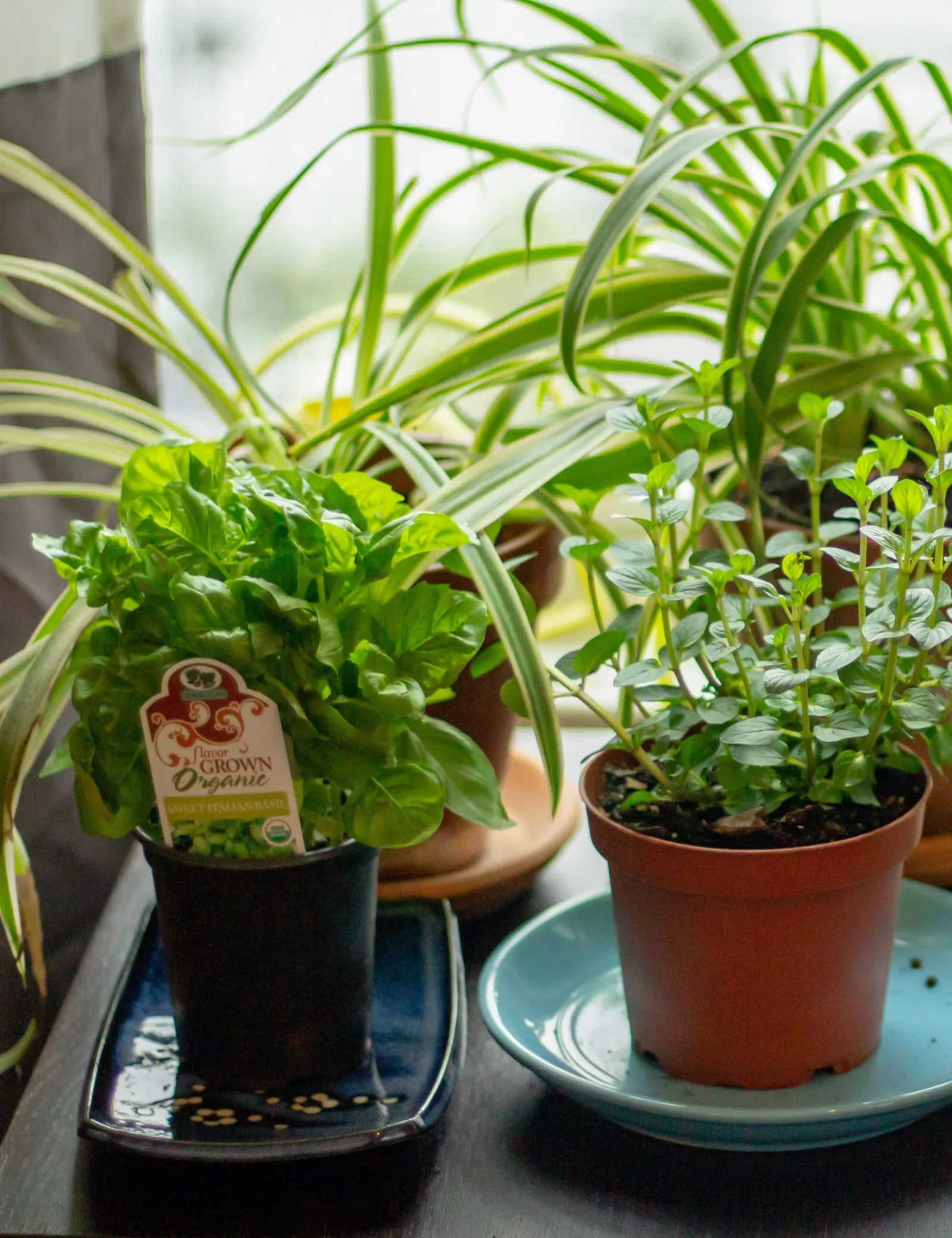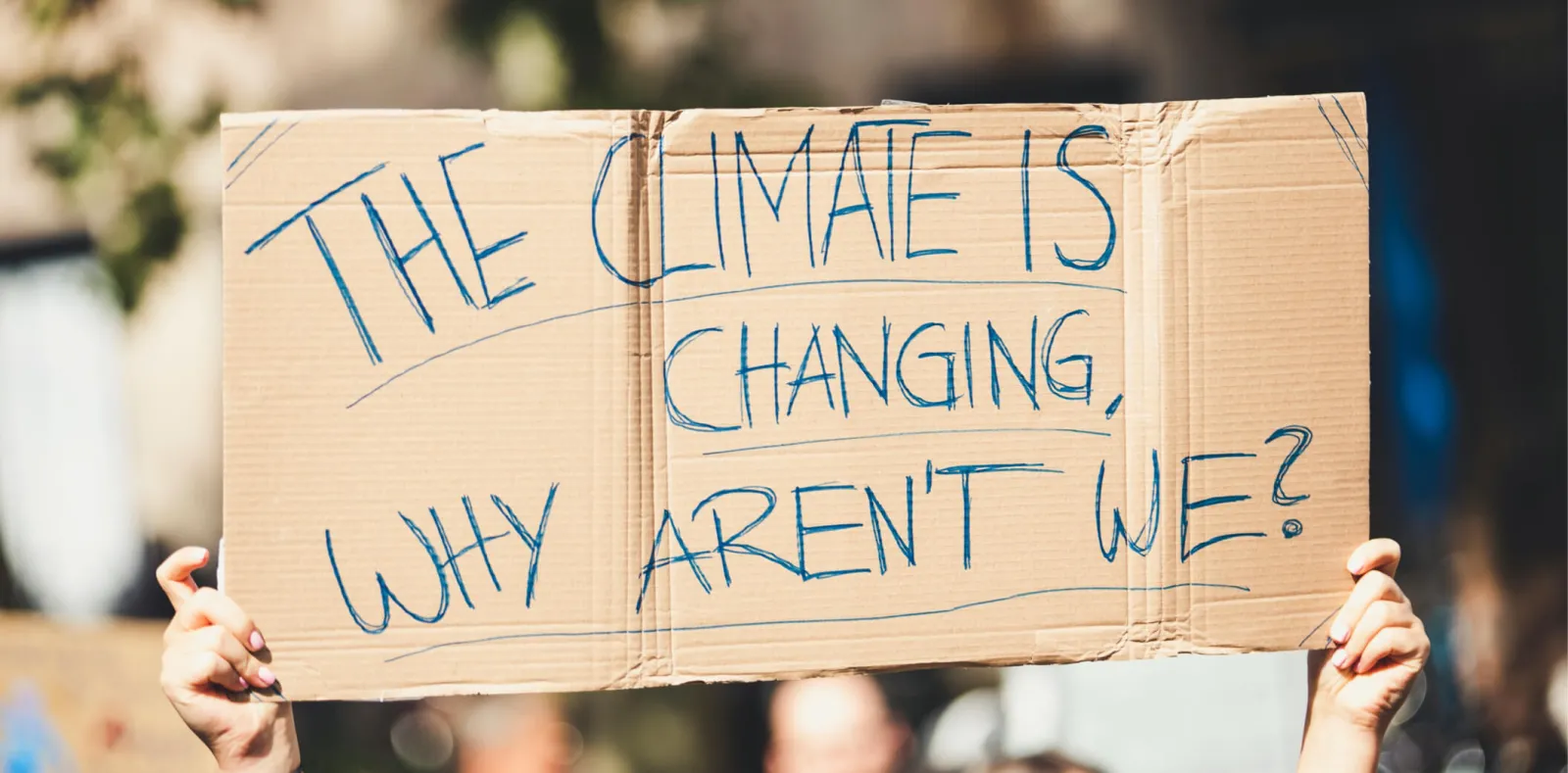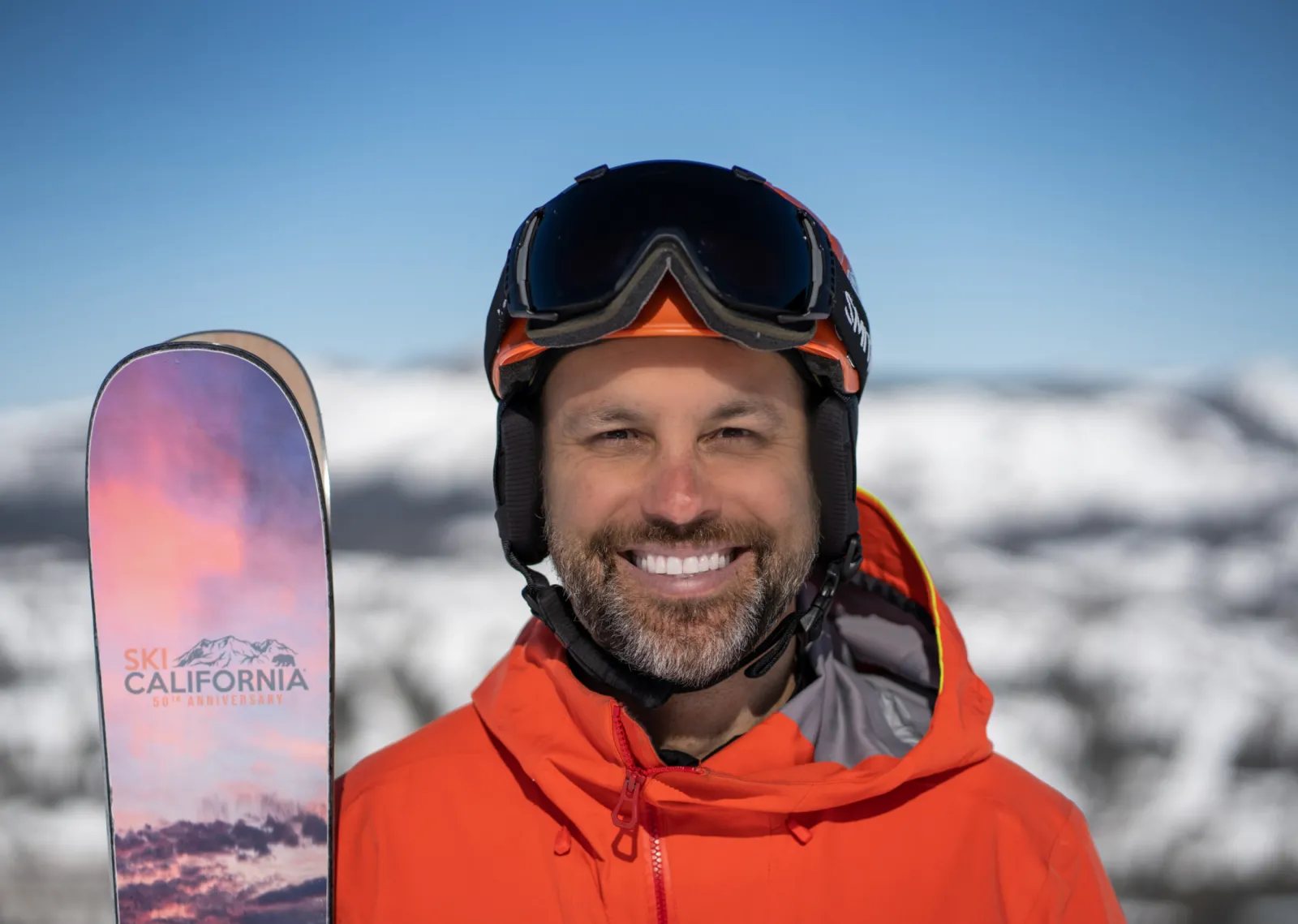COVID and climate change
There has been much media coverage on the visible impacts of the COVID-19 crisis on reduced air and water pollution. While the sightings of dolphins to the clearer waters of Venice canals and the return of Himalayan views to cities in northern India are heartening, they do not represent the progress on climate change or sustainability that many might hope.
Back in February, an analysis by the climate group Carbon Brief found that as the pandemic seized hold of China's economy and heavy industries shuttered, emissions from the country plummeted by an astonishing 24%; by early April, daily global CO2 emissions had fallen 17% compared with the mean 2019 levels. Another analysis by Carbon Brief in early April estimated that globally this year, emissions could fall by 5.5% from 2019 levels, although much depends on the duration of the global shutdown associated with pandemic. That figure may seem low, given that very few cars are on roads, planes are grounded and industries have paused, but with context, it’s pretty huge. Until now, emissions have been reliably increasing by a few percent year after year. That’s happening even though the world’s nations pledged to individually reduce their emissions as part of the Paris Agreement, with the ultimate goal of keeping warming below 2 degrees Celsius above pre-industrial global temperatures.
It’s very difficult to look for a silver lining given the tremendous human suffering and economic disruptions we are witnessing in North America and around the world. Yet because there is so much at stake, we must consider what this tragedy means for the future of our society and envision how our pandemic response can help avoid an even larger climate crisis.
We sat down with Daniel Scott, Executive Director, Interdisciplinary Centre on Climate Change (IC3) and Professor at the University of Waterloo and David Erb, Executive Director at POW Canada to understand the connection between COVID-19 and climate change as well as what the outdoor industry should be focused on as we move into a new phase.
Origin: How important is that emissions statistic in the big picture?
Daniel: Globally I’ve seen estimates from the International Energy Agency and the World Meteorological Organization that C02 emissions this year will fall by 6-8%. For context that’s between 6-10 times the impact on emissions of the economic crisis in 2008-9.
While that is a massive drop, likely one unprecedented since WW2, it’s temporary.
We can’t get ahead of ourselves to think this is somehow fixing the climate crisis. It isn’t.
Although there has been much speculation in the media about COVID-19 impacts on emissions and climate, the economic shutdown and recession caused by the pandemic is no substitute for the systematic changes that climate action requires.
Origin: Do we have any numbers for Canada?
Daniel: Canada’s emissions inventory from industrial sectors and Provinces takes almost a year to update, so we just got the release of 2019 about a month ago. It showed that Canada’s emissions continue to trend in the wrong direction with an increase of about 2% from 2017 to 2018, and that we remain a long way from our Paris Climate Agreement ambitions.
We won’t have robust estimates on how COVID-19 has impacted our emissions trajectory for at least another year or more, but like elsewhere it will be temporary.
What I can’t emphasize enough is that how we design the COVID-19 economic stimulus packages will have a much greater impact on our future emissions than this temporary slowdown.
The massive debt we are taking on represents a once in a generation investment in our economy and future generations, and its vital that we invest public money in building low carbon and climate-resilient economy of the future and not an outdated ‘business as before’ approach ill-suited to an era of pandemics and climate change.
Origin: What else can you share about the COVID and post pandemic effects on climate change? As more people lean in towards growing their own food, eating less meat, driving less, could this lead to a greater, long term change?
Daniel: No one has a crystal ball on how COVID-19 will re-shape our society and what that will mean for climate change. COVID-19 will be a double edged sword for climate. It is likely to hamper some climate action, because depressed oil prices will delay energy transition and signs of creased nationalism may pose a barrier to international collaboration. On balance I think the pandemic is more likely to support changes that accelerate climate action. Supply chains will get shorter and repatriated in some cases. Domestic tourism will lead the travel recovery, correlating long-haul tourism. Domestic and local food security will become more important. Work from home arrangements and new comfort with remote networking technologies will reduce the commutes of many. Which of these near-term changes endures and translates into long-term emission reductions remains to be seen, but there is real potential for lasting positive change.
There is much discussion of what a ‘green stimulus’ might look like and I encourage your readers to look at some of the excellent work being done by the scientists and policy experts a the Canadian Institute on Climate Choices on how to integrate climate priorities into our pandemic recovery and resilience building. In principle, no public money should bailout industries and business models that are not compatible with the low carbon economy we must build over the next 25 years. If ever there was a time to stop fossil fuel subsidies and invest in the low carbon transition it is now. All governments want to create jobs and Canadians back to work and a World Bank study in 2011 showed that $1 million invested in oil and gas created 5 jobs, while the same investment created 17 jobs in energy-saving building retrofits, 22 jobs in mass transit, 13 jobs in wind power, and 14 jobs in solar energy. Strategic investments like energy efficiency retrofits for lower income households and vulnerable populations can also be part of a ‘just transition’ in Canada.
Origin: Anything else you want to share?
Daniel: I hope this tragedy increases public and political appreciation for scientific expertise and willingness to invest in averting climate risk. It’s easy to forget that just a couple months ago, before the world went sideways, there was visible social momentum on climate action. We can’t lose sight of that! Confronting the climate change challenge takes action, not inaction. It takes all of us voting, investing, and sometimes taking to the streets, not staying at home where the pandemic has kept us. This pandemic pause has compressed our climate action timelines, but once it has safely passed, the passion of POW will be needed like never before.
Origin: What is POW's position when it comes to the Paris Agreement and what role POW members can take to ensure our governments are respecting the pledge that was made?
Daniel: Canada, like all countries, is injecting massive amounts of financial stimulus to help Canadians weather the ongoing health and economic crisis, and to stimulate our economy as we emerge from the pandemic. At POW Canada, we’re collaborating with our partners at Pembina Institute to build a campaign that elevates their “Green Stimulus: Principles and Recommendations Report” in a way that inspires and empowers POW members to get involved politically. Our campaign will be advocating for a #NewPath forward where all government stimulus is allocated in a manner that positions Canada to meet its obligations under the Paris Climate Agreement. Now more than ever, we need to ensure the voice and influence of outdoor enthusiasts, businesses and municipalities is heard in Ottawa through phone calls, emails, letters, op-eds and social media. #NewPath will equip the POW community with the information and tools needed to turn their passion for the outdoors into real political action. Stay tuned for the campaign launch June 1, 2020.
Origin: What can individuals do to keep their emissions low post-COVID? What are some take-aways that you'd encourage those concerned about climate change to take?
Daniel: It’s clear we can’t justify a return to normal, we simply don’t have the carbon budget to support it. Many of the practices we encouraged pre COVID will still ring true post COVID including more local (in Canada) adventures, switching to a plant-based diet, and re-using and repairing gear. But the single largest takeaway for an individual needs to be getting political. This pandemic has shown what governments can do when motivated, so we need to ensure our government is motivated to capitalize on this once in a lifetime opportunity to hit the reset button and position Canada and the world on a sustainable path.
